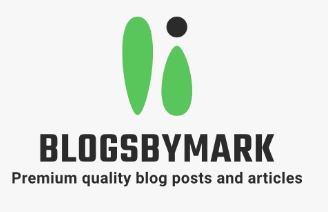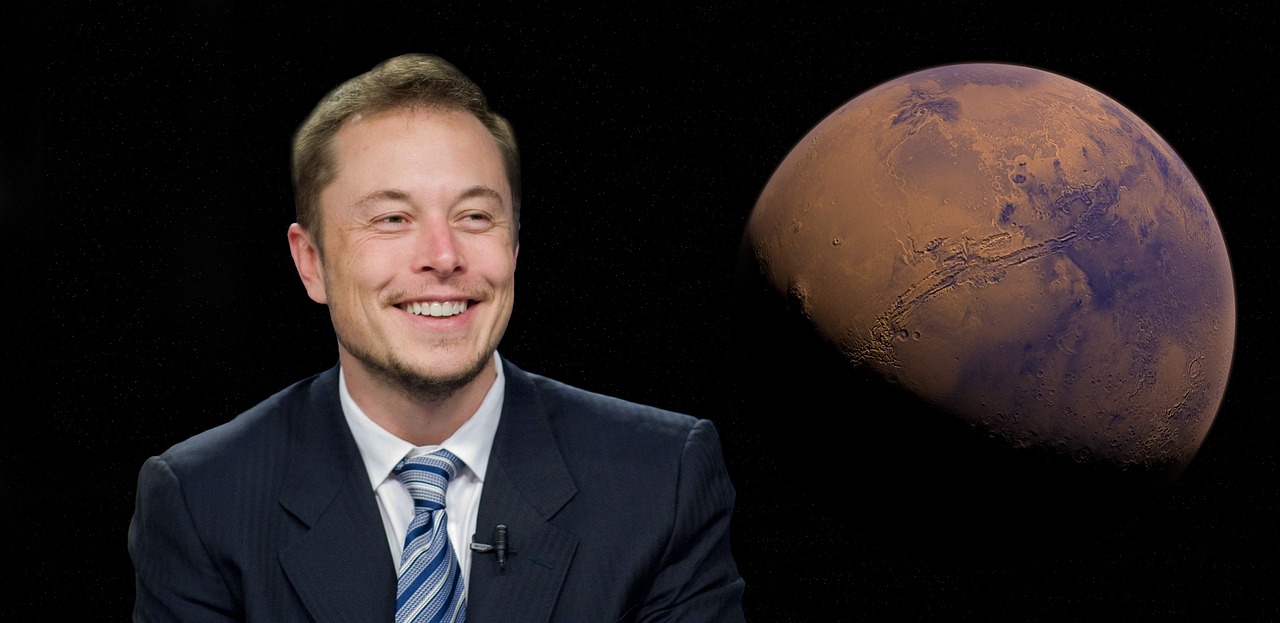Elon Musk’s Twitter Takeover: 10 Shocking Changes That Revolutionized Social Media
When Elon Musk, the Tesla CEO and SpaceX founder, acquired Twitter in a $44 billion deal, few could have predicted the seismic shifts that would follow. This tech entrepreneur’s bold moves have not only reshaped the platform but have also ignited fierce debates about the future of social media governance and the concept of a digital town square.
Background of the Twitter Acquisition
Elon Musk’s journey to owning Twitter was nothing short of a rollercoaster ride. From being a prolific user to becoming its largest shareholder, and finally, its owner, Musk’s Twitter takeover has been a topic of intense scrutiny and speculation.
10 Major Changes Implemented by Elon Musk
Since taking the reins, Musk has implemented numerous changes that have sent shockwaves through the tech industry and beyond. Here are the ten most significant alterations:
- Twitter Blue Revamp: The subscription service now includes verification, sparking controversy over the value of the blue checkmark.
- Mass Layoffs: Musk significantly reduced Twitter’s workforce, citing the need for a leaner operation.
- Content Moderation Overhaul: The platform’s approach to free speech and content policies underwent major changes.
- Algorithm Transparency: Musk promised to make Twitter’s algorithm open-source, aiming for increased transparency.
- Rebranding to “X”: The iconic bird logo was replaced with “X,” signaling Musk’s vision for an “everything app.”
- Ad-Revenue Sharing: A new program was introduced to share ad revenue with content creators.
- Character Limit Increase: The maximum tweet length was extended to 280 characters for all users.
- Edit Button Introduction: The long-requested edit feature was finally implemented for certain users.
- Cryptocurrency Integration: Musk hinted at potential cryptocurrency payments and features on the platform.
- AI-Powered Features: The introduction of AI-driven tools for content creation and moderation.
Controversies and Challenges
Musk’s tenure at Twitter has been far from smooth sailing. Several controversies have erupted, including:
- Disputes over content moderation and free speech policies
- Advertiser exodus due to platform changes
- Legal battles with former employees and regulatory bodies
- Criticism over the handling of misinformation and hate speech
Impact on Users and Advertisers
The changes implemented by Musk have had far-reaching consequences for both users and advertisers. While some users appreciate the new features and perceived increase in free speech, others have expressed concerns about the platform’s direction.
[Suggested Infographic: Twitter’s key metrics before and after Musk’s takeover]
Twitter’s Financial Performance Post-Acquisition
The financial landscape of Twitter under Musk’s leadership has been a topic of intense speculation. While exact figures are not public, reports suggest a mixed picture of revenue streams and profitability.
Comparisons with Other Social Media Platforms
Musk’s approach to running Twitter represents a significant departure from the strategies employed by other social media giants. This section could explore how Twitter now differs from platforms like Facebook, Instagram, and LinkedIn in terms of user experience, content policies, and business models.
Future Outlook
As Musk continues to shape Twitter’s future, many questions remain about the platform’s long-term direction and viability. Will the “X” rebranding lead to an “everything app” as Musk envisions? How will Twitter navigate the complex landscape of social media regulation and user expectations?
“Musk’s approach to running Twitter represents a significant shift in how social media platforms are managed, prioritizing rapid change over cautious iteration.” – [Social Media Industry Analyst]
FAQs About Elon Musk Twitter
How has Twitter’s user base changed since Musk’s takeover?
While exact figures are debated, reports suggest fluctuations in active users, with some leaving the platform and others joining due to the changes.
What are the main criticisms of Musk’s leadership at Twitter?
Critics often point to concerns about content moderation, rapid and sometimes chaotic changes, and the perceived erosion of Twitter’s established culture.
How has Twitter’s relationship with advertisers evolved under Musk?
Initially, many advertisers paused spending due to concerns about content moderation. Musk has since worked to rebuild relationships and introduce new advertising models.
What are Musk’s long-term goals for Twitter?
Musk has spoken about turning Twitter into an “everything app,” similar to China’s WeChat, which would incorporate messaging, payments, and other services.
Conclusion
Elon Musk’s Twitter takeover has undeniably transformed the social media landscape. As the platform continues to evolve under his leadership, it remains a focal point of discussions about technology, free speech, and the future of digital communication. Whether you’re a casual user or a tech industry observer, the ongoing Twitter saga is sure to provide more twists and turns in the coming months and years.
[Suggested Timeline: Major events since Musk’s acquisition of Twitter]

